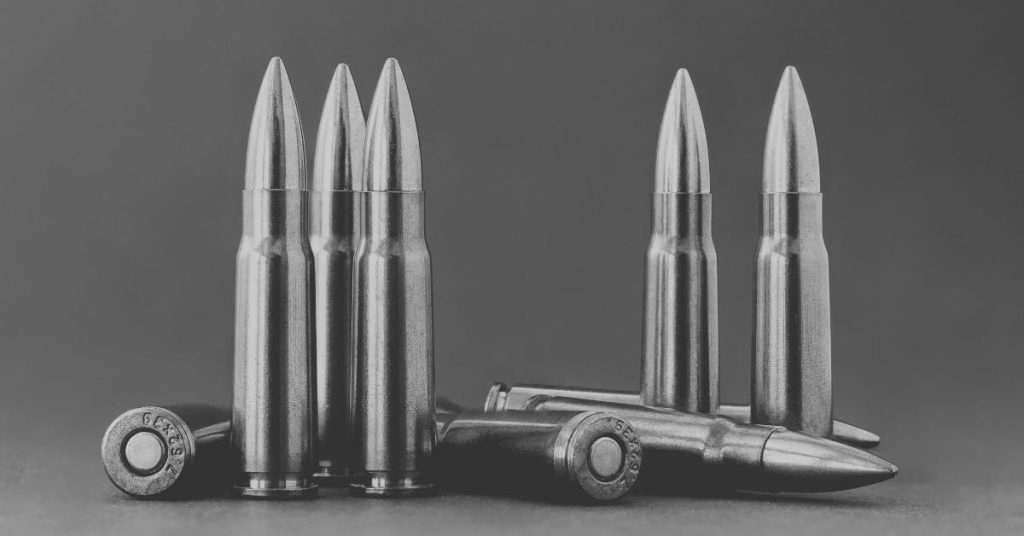If you’re a small business owner then there is a good chance that you are always on the lookout for best ways to reduce your overhead costs for the company you own. One of most popular strategies is to buy all of your items in bulk.
This is no different for those who own ammo shops. Buying your gun supplies in bulk will help you reduce the costs per unit. As well as reduce how much you’ll be required to pay in the long run on all of your supplies and artillery.
This is why it’s important that you choose the items you buy in large quantities very wisely. If you would like to buy bulk ammo, there are a few things you should consider before you start.
Upfront Fees on Bulk Ammo
When you buy in bulk, you may have to pay upfront fees in order to access items at the lower price. For example, warehouse clubs usually require businesses have special memberships.
Also, if you would like to sell any of the items you buy, the wholesalers may require that you obtain the proper resale licenses. Licensing fees should be paid before you will be able to receive you state or county permits.
Extra Storage
Buying bulk ammo means that you will have to consider the amount of space you actually have. If you you have an ample amount of space to store you extra ammo, this won’t be a problem.
However, if you are limited in the amount of space you have, this could potentially cause a dilemma. Having to expand your space in order to accommodate all of the extra inventory can cost you more than you save.
This is especially true if you would have to rent a space.
Left Over Inventory
There are certain products that will be guaranteed to sell. However, you can’t afford to be overconfident when it comes to buying in bulk. In certain cases, your items may not sell as you expected them to.
You may end up having to offer special discounts and sales in order to get rid of all of the ammo you were unable to move.
Luckily, you can avoid this by reviewing all of your sales records. By taking note of the buying trends that have taken place you’ll be able to move more product.

